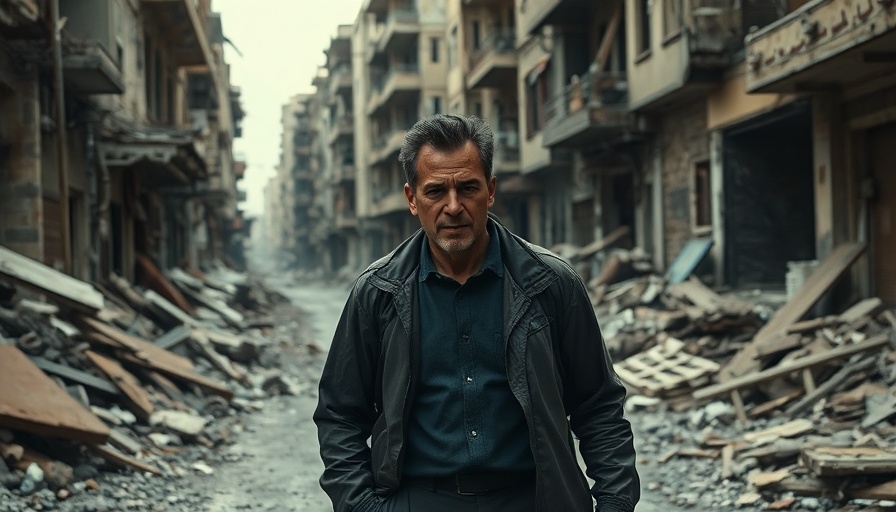
Israel's Energy Minister Announces a Critical Measure
In a significant escalation, Israel's Energy Minister Eli Cohen has announced that the Israel Electric Corporation would cease its electricity sales to the Gaza Strip. This directive follows a license granted in 1997 and takes immediate effect, part of broader decisions from the Israeli Diplomatic-Security Cabinet. As tensions heighten in the region, this decision aims to pressure Hamas amid ongoing talks to secure the release of hostages held by the militant group.
Impact on Humanitarian Conditions in Gaza
The ramifications of this electricity cut-off are profound, particularly given Gaza's precarious humanitarian situation. With over two million residents heavily reliant on limited energy supplies, the loss of electricity is projected to severely impact essential services, including water treatment and medical facilities. Previously, restrictions had already left many Gazans dependent on alternative power sources, such as generators and solar panels.
The Intersection of Politics and Human Rights
This move has drawn international scrutiny and condemnation, with human rights advocates arguing that cutting off essential supplies to civilians could escalate suffering and amount to collective punishment. The United Nations has expressed serious concerns, stating that any denial of necessities for civilian life is unacceptable under international law.
Hamas and the Hostage Crisis
Hostage negotiations remain complex and fraught with challenges. Israel has declared that it will pursue all options to bring back hostages and ensure that Hamas does not retain influence over Gaza in the future. As negotiations about ceasefire terms continue—with key discussions happening in Qatar—there's a delicate balance of power at play. While Israel seeks a tougher stance against Hamas, the group's control over hostages complicates the dynamics.
Future Predictions: What's Next for Gaza?
As the crisis unfolds, observers are left pondering what the future holds for Gaza. With the war severely damaging infrastructure and the humanitarian crisis deepening, the international community must intervene to explore options that support governance without perpetuating violence. The proposal from Hamas for an independent committee to temporarily govern Gaza is one of several options being discussed, but it faces rejection from Israel, which has not presented a viable alternative.
What Can Global Citizens Do?
As individuals of faith and conscience, it’s essential for those connected to the issues in Gaza to engage with advocacy organizations that work towards peace and humanitarian support. Understanding the historical context and current realities can empower informed action and promote dialogue around solutions that prioritize human dignity.
This cut-off is another chapter in the ongoing saga of conflict, reminding us to remain aware and supportive of those caught in the crossfire. We must urge our leaders to look towards peaceful resolutions rather than punitive actions that exacerbate suffering.
 Add Row
Add Row  Add
Add 








Write A Comment